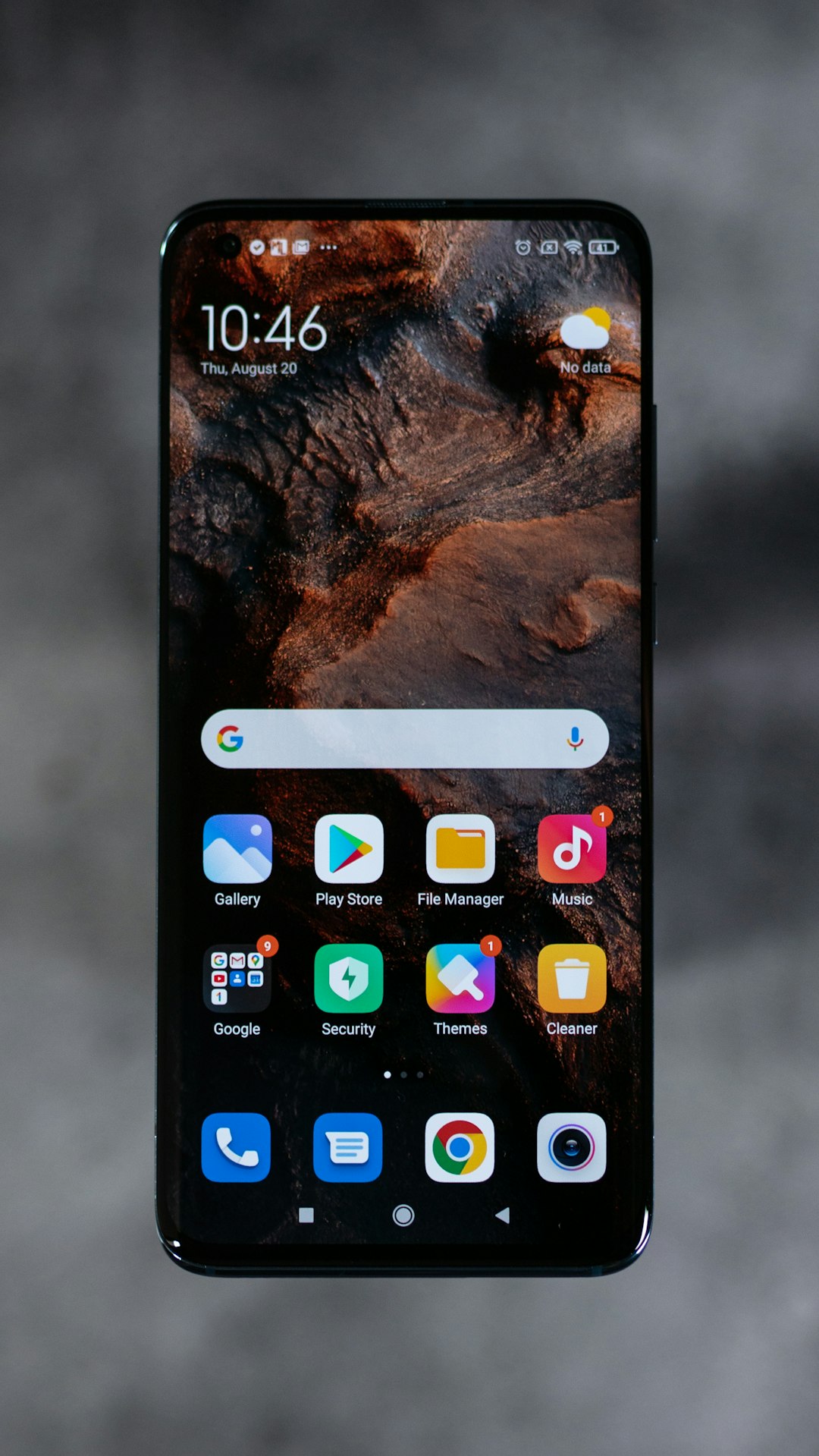Caller ID spoofing, a growing issue in Houston, involves manipulation of call display to mislead recipients, bypassing do-not-call lists and spam call laws. Texans face challenges from deceptive practices targeting individuals, businesses, and law firms. Despite sophisticated methods, Texas's strict spam call regulations offer legal recourse with fines and penalties. Safety measures include device blocking, National Do Not Call Registry registration, software updates, and cautious sharing of personal information to combat spoofing by spam call law firms in Houston.
In the digital age, a subtle yet insidious threat looms over Texans’ phone lines: caller ID spoofing. This deceptive practice involves manipulating call display information, often with malicious intent. Understanding how it works is crucial in combating its impact on everyday lives. This article delves into the intricacies of caller ID spoofing, exploring its effects, the role of Texas’ spam call laws, and practical steps to protect yourself from these fraudulent calls, offering insights from a leading spam call law firm in Houston.
What is Caller ID Spoofing?

Caller ID spoofing is a deceptive practice where a caller manipulates their displayed name and number on another person’s caller ID display, often to disguise or misrepresent their identity. This technique allows individuals or even spam call law firms in Houston to trick recipients into answering their calls, as the numbers shown can appear legitimate at first glance. By spoofing their Caller ID, these parties may attempt to bypass do-not-call lists or evade detection for fraudulent activities.
In Texas, where many residents are wary of unsolicited calls due to the state’s strict spam call regulations, this practice poses a significant concern. It undermines the effectiveness of privacy protections and anti-spam measures put in place by both federal and local laws, including those targeting the notorious robocalls.
How Spoofed Calls Affect Texans

Texans, like many citizens across the nation, are increasingly facing an unsettling trend: caller ID spoofing. This deceptive practice involves manipulating call display information to show a false number, often with the intent to mislead and manipulate recipients. The impact of these spoofed calls is profound, affecting not just individuals but also businesses and legal entities.
For Texans, this issue has become particularly relevant due to the stringent spam call law firm Houston enforces. As such, any attempt to bypass these regulations through spoofing can lead to severe consequences. When a caller’s identity is concealed or misrepresented, it erodes trust and can prompt recipients to engage in unwanted interactions, leading to increased stress and potential financial losses. This is especially problematic for vulnerable populations, such as the elderly, who might fall victim to scams or fraudulent activities facilitated by these spoofed calls.
The Role of Texas' Spam Call Laws

In Texas, the fight against nuisance calls and caller ID spoofing is supported by stringent spam call laws designed to protect residents. The state’s legislation takes a robust approach to curb unauthorized and deceptive phone marketing practices. These laws empower Texans to take action against spam call law firms operating within Houston and across the state. By implementing strict fines and penalties, Texas encourages phone companies and service providers to adhere to ethical standards, ensuring that consumers are not harassed by unwanted calls.
The spam call law firm Houston residents encounter often employ sophisticated techniques to bypass traditional filters. However, Texans have legal recourse under these regulations. The laws not only prohibit false or misleading caller ID information but also offer a robust framework for reporting and investigating such incidents. This proactive measure allows Texas residents to safeguard their privacy and peace of mind in an era where caller ID spoofing has become an increasingly prevalent issue.
Protecting Yourself from Spoofed Calls

Staying protected from caller ID spoofing begins with awareness and proactive measures. One effective strategy is to be cautious of unknown numbers, especially those displaying restricted or private information. Many spam call law firms in Houston offer guidance on how to identify suspicious calls and block potential scammers.
Implementing call blocking features on your device and registering for the National Do Not Call Registry can significantly reduce the risk. Additionally, staying informed about emerging spoofing techniques enables you to better defend against fraudulent activities. Regularly updating security software and being vigilant when sharing personal information are also essential steps in protecting yourself from caller ID spoofing.






